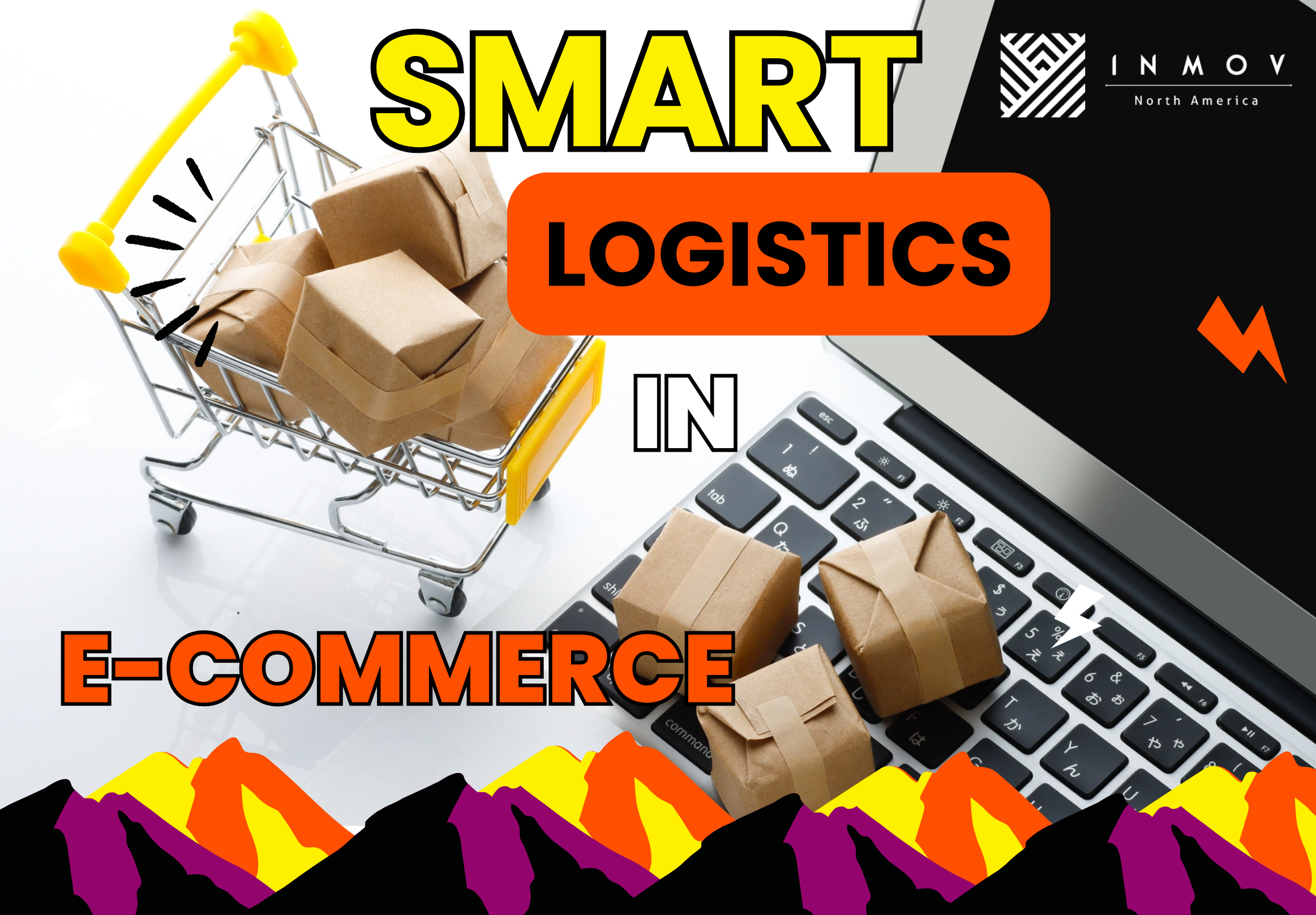- info@inmov.com
- ldaza-ct@inmov.com
- +1 786-983-5330
-
1111 Brickell Avenue
10th Floor. Miami, FL 33131
All rights reserved © 2024

At Inmov, we employ advanced technologies and systems with real-time tracking and tracing capabilities, inventory management software, and robust communication channels to keep customers informed about the status of their shipments. This enhances transparency, efficiency, and the overall customer experience.
The integration of new technologies has provided us with tools to enhance the visibility of logistical processes. For instance, Warehouse Management Systems (WMS) and Shipment Tracking Systems (TMS) enable companies to track and monitor the movement of products in real-time. This aids in identifying and resolving issues more quickly and efficiently.
Transportation Management Systems and navigation applications have also facilitated better route optimization. These tools utilize algorithms and real-time data to determine the most efficient route for product delivery. This helps in reducing transportation costs and improving delivery times.
Another key improvement factor is communication among various stakeholders in the supply chain. For example, instant messaging applications and cloud collaboration platforms enable faster and more efficient communication among suppliers, carriers, and customers. This assists in better coordinating logistical activities and resolving issues more promptly.
But with this seen, what is its importance? How do you think a new software, app, or integration could help your e-commerce? At Inmov we share some reasons for its importance if you are in this industry so that you can consider if it is a necessity for your company!
Logistical Process Automation: One of the most prominent aspects of technology in logistics is its ability to automate processes. Automation streamlines repetitive tasks and enhances data accuracy. For instance, Warehouse Management Systems (WMS) utilize barcode scanning technology and RFID labels to expedite inventory tracking and management. Additionally, robots and artificial intelligence are increasingly employed in order picking and sorting, reducing errors and expediting delivery times.
Supply Chain Optimization: Technology also plays a crucial role in supply chain optimization. Enterprise Resource Planning (ERP) systems and Transportation Management Systems (TMS) provide real-time visibility into all aspects of the supply chain. These tools facilitate coordination and collaboration among suppliers, manufacturers, and distributors, optimizing delivery times, minimizing transportation costs, and improving customer satisfaction.
Real-time Tracking and Traceability:Technology has revolutionized real-time tracking and traceability in logistics as well. By using tracking devices like GPS and IoT sensors, companies can monitor shipment locations in real time and gather accurate data on their status. This enables proactive operations management, identifying potential delays or deviations and taking corrective actions immediately. Moreover, real-time traceability ensures greater transparency and trust for both customers and business partners.
Route and Delivery Optimization: Technology also plays a key role in route and delivery optimization. Routing and scheduling systems utilize sophisticated algorithms to calculate the most efficient routes, considering factors such as traffic, legal restrictions, and customer preferences. This not only reduces delivery times but also minimizes fuel costs and reduces carbon footprint.
Enhancing Customer Experience: Lastly, technology in logistics contributes to improving the customer experience. Order management systems and tracking portals allow customers to track their shipments in real time and receive automated updates on their order status. Furthermore, integrating online payment systems and offering flexible delivery scheduling enhances customer convenience and satisfaction. If you require assistance with apps, software, or encounter issues within your supply chain, e-commerce, or logistics, feel free to contact Inmov, and we’ll help you find solutions.
In summary, technology has had a significant impact on transforming logistics processes by automating tasks, enhancing visibility, optimizing routes, and improving communication. This has led to greater efficiency and accuracy in executing logistical operations. If you require assistance with apps, software, or encounter issues within your supply chain, e-commerce, or logistics, feel free to contact Inmov, and we’ll help you expert find solutions.